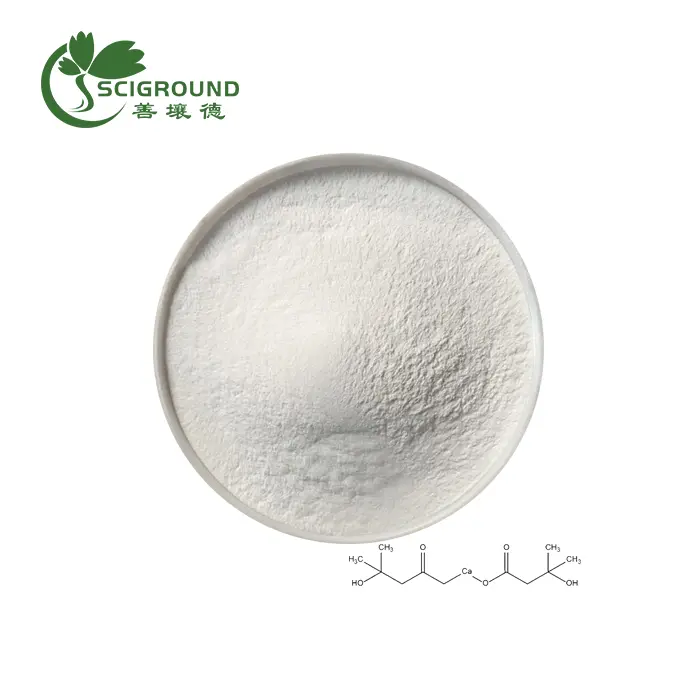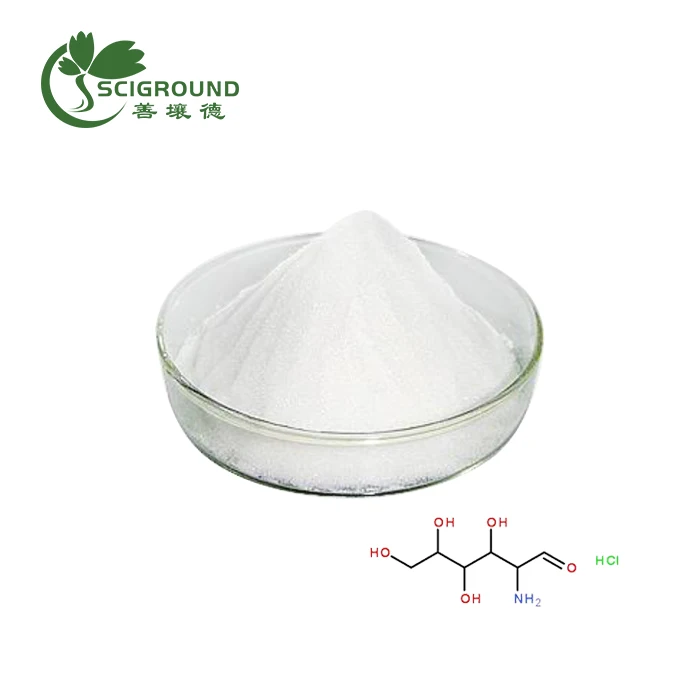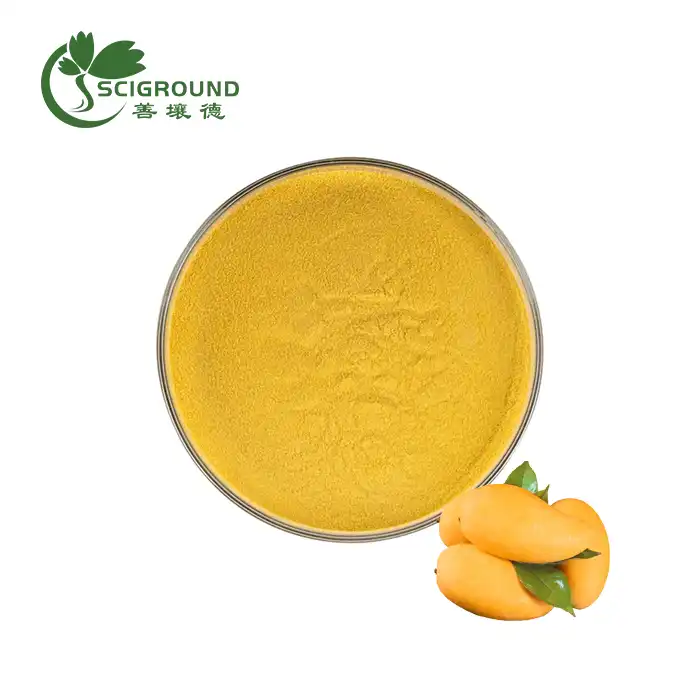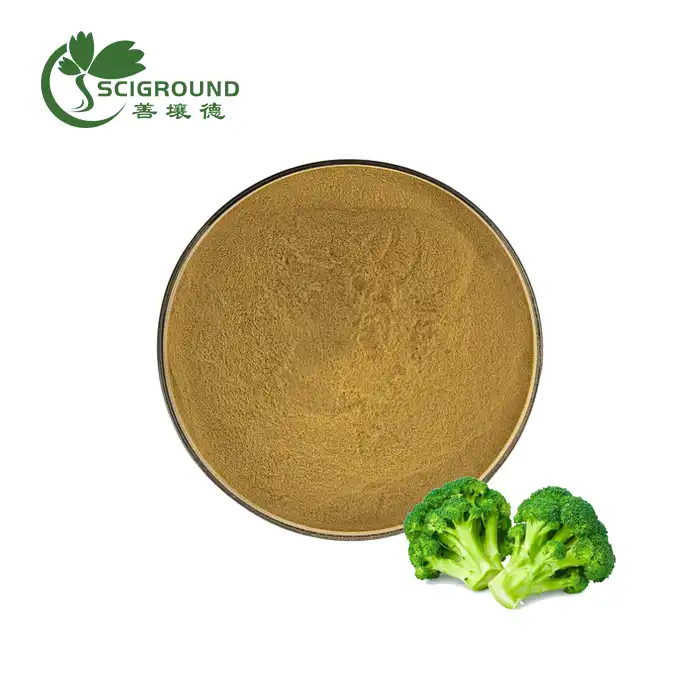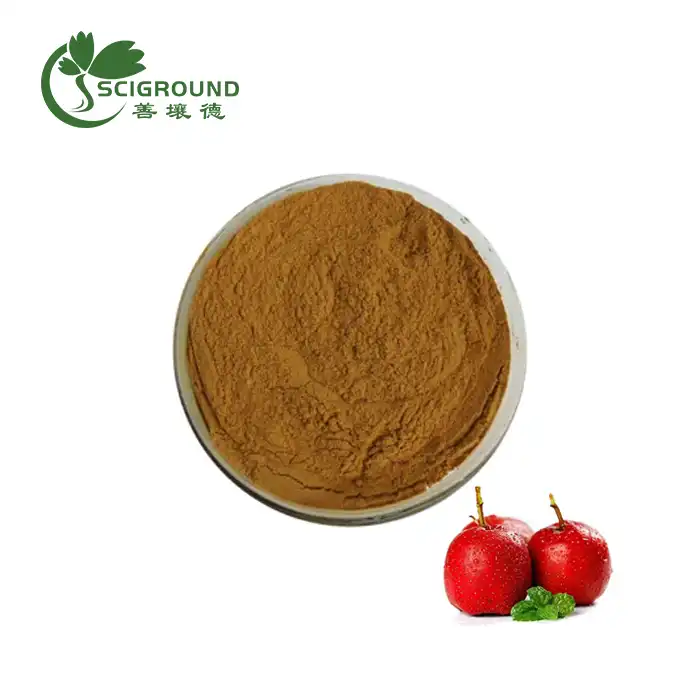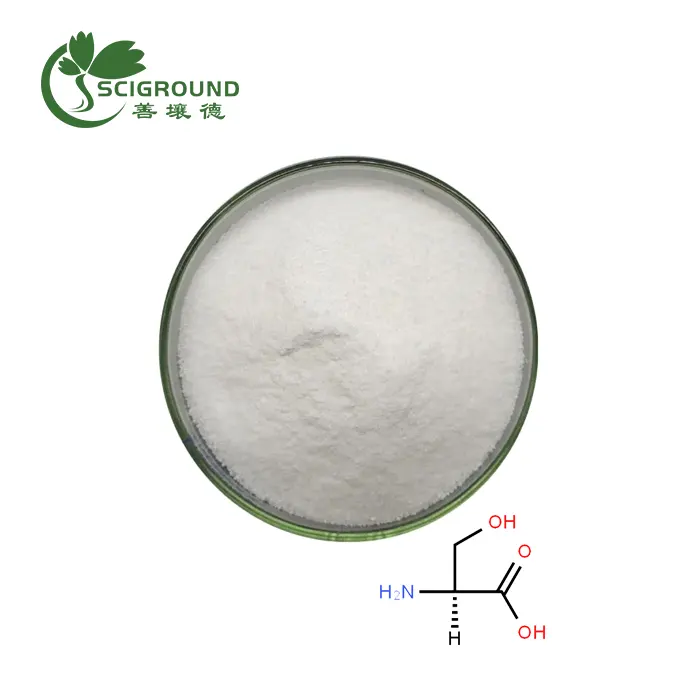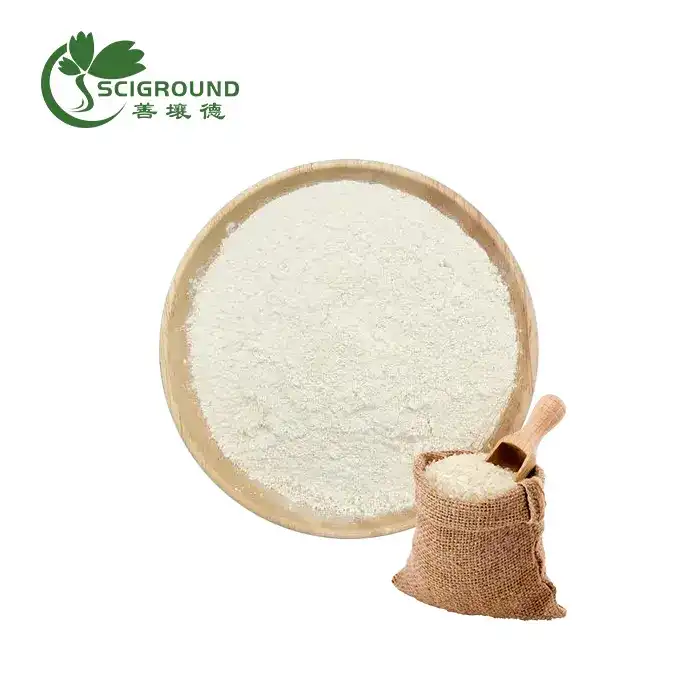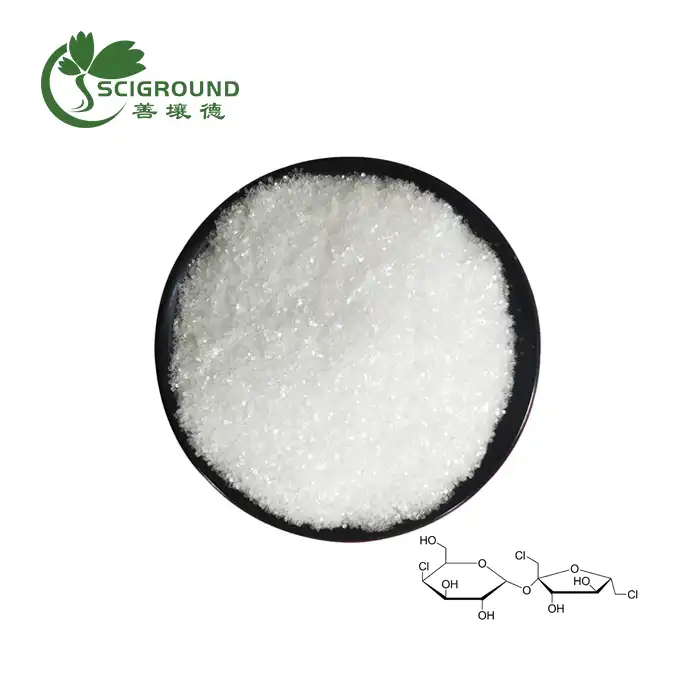What is Fisetin
Fisetin is a naturally occurring flavonoid compound found in many fruits and vegetables. It is part of the flavonol subgroup of flavonoids, characterized by its flavone backbone structure and hydroxyl functional groups.Fisetin powder was first isolated from the smoke tree plant Cotinus coggygria in the 1930s. It gives certain fruits and vegetables their yellow pigmentation.
A member of the flavonoid family of polyphenols, fisetin (7,3′,4′-flavon-3-ol) is a flavonol found in plants.[1] It may be found in many plants and is used to color the leaves yellow or ochre. Several fruits and vegetables, including strawberries, apples, persimmons, onions, and cucumbers, also contain it.[2] Josef Herzig, an Austrian chemist, originally reported its chemical composition in 1891.[3]
Fisetin's biological activity has been investigated in numerous lab experiments; like other polyphenols, it has a variety of actions.

What is Fisetin found in
Some foods particularly high in fisetin include:
Strawberries
Apples
Persimmons
Grapes
Mangoes
Onions
Cucumbers
Fisetin can also be found in smaller amounts in peaches, oranges, tomatoes, and certain nuts and seeds. It’s estimated that eating a 100 gram serving of strawberries provides about 160-500 micrograms of fisetin.
What is Fisetin supplement
Fisetin dietary supplements contain the fisetin compound extracted from plants and put into capsules or tablets. Supplements provide much higher amounts of fisetin in a concentrated form compared to getting it from foods. Typical fisetin supplement doses range from 10-300 mg per capsule. They offer a convenient way to increase fisetin intake without consuming large amounts of produce.
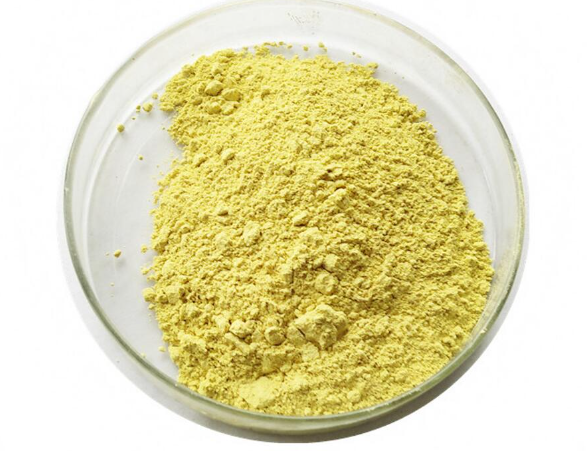
What is Fisetin made from
Fisetin supplements are derived from fisetin-rich botanical sources. Manufacturers extract and isolate the fisetin compound from plants such as strawberries, apples, honey locust trees, acacia trees, and grape vines. The extraction process results in a purified fisetin powder which is then put into capsules or tablets along with fillers, binders, and anti-caking agents. Supplements typically contain 95-98% pure fisetin.
What does fisetin do
Research suggests fisetin may:
Have antioxidant effects to reduce oxidative stress
Decrease inflammation
Enhance brain function
Improve memory and cognitive performance
Promote nerve growth and neuroprotection
Extend lifespan in animal studies
Preserve cardiovascular health
Protect collagen and skin elasticity
Reduce risk factors for some cancers
These benefits are attributed to fisetin’s ability to activate particular molecular pathways related to antioxidant responses, inflammation, and more. More studies are underway to further understand how fisetin works in the body.
What is fisetin good for?
Based on current research, fisetin looks potentially beneficial for:
Brain health and function
Memory and learning
Neurodegenerative diseases like Alzheimer’s
Age-related cognitive decline
Skin health and anti-aging
Joint health - reducing arthritis symptoms
Cancer - may inhibit tumor growth
Diabetes and metabolic disorders
Reducing risk of cardiovascular disease
Autoimmune conditions due to anti-inflammatory effects
However, larger scale human studies are still needed to confirm fisetin bulk powder’s effectiveness for these potential uses.
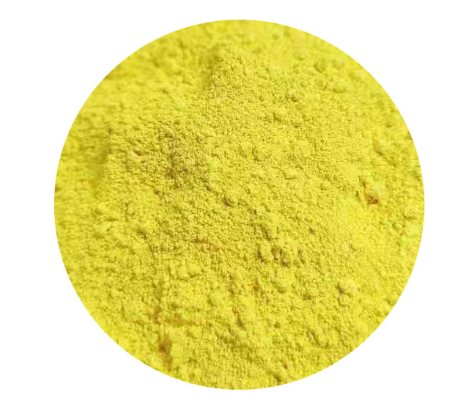
Who should not take fisetin?
Some people who should avoid or be cautious with fisetin supplements include:
Those with bleeding disorders - Bulk Fisetin may increase the risk of bruising and bleeding.
People undergoing surgery - Fisetin may affect blood clotting.
Anyone taking blood thinning medications like warfarin or NSAIDs - pure fisetin may enhance their effects.
Those taking medications for diabetes, hypertension, or other conditions - Fisetin may interact with these drugs.
Pregnant or breastfeeding women - Not enough safety research is available.
Due to potential interactions, check with a doctor before taking fisetin supplements.

Is fisetin same as quercetin?
Fisetin and quercetin are closely related flavonoid compounds. They share similar structures and both act as potent antioxidants and anti-inflammatories. However, some key differences include:
Fisetin appears to have higher direct antioxidant capacity compared to quercetin.
Fisetin may be more bioavailable than quercetin, achieving effects at lower doses.
Fisetin shows specific neuroprotective and anti-aging activities that quercetin does not.
Quercetin has been more extensively studied than fisetin to date.
While they have overlapping mechanisms and benefits, fisetin extract may be the more potent flavonoid compound overall. But more human data is needed.
What is the side effect of fisetin?
Fisetin is generally well tolerated, but possible side effects can include:
Headaches
Dizziness
Nausea, diarrhea, or upset stomach
Hypoglycemia (low blood sugar)
Allergic rash
Bleeding or bruising risk
Drug interactions
High doses may potentially cause side effects. Introduce fisetin slowly and avoid exceeding recommended dosages.

How Fisetin May Help to Stop Cells Becoming Senolytic
Senescent cells are damaged, non-dividing cells that build up and contribute to aging. Fisetin has been shown to reduce senescent cells by activating specific aging and cell death pathways. As a senolytic agent, fisetin may selectively induce apoptosis (programmed cell death) in senescent cells, helping clear them from the body. Reducing senescent cell burden is associated with improvement in many age-related conditions. In mice, administering fisetin late in life helped extend median lifespan. More clinical trials are underway exploring fisetin extract’s senolytic and anti-aging potential.
FAQs
Q: What foods have the most fisetin?
A: Strawberries, apples, mangoes, persimmons, onions, and grapes have the highest fisetin content.
Q: What dose of fisetin should I take?
A: There is no standard dose, but most supplements range from 10-300 mg per day. Start low and increase slowly to find the optimal dosage for you.
Q: Is fisetin safe to take long-term?
A: There are currently no long-term safety studies on fisetin. Periodic cycling is recommended rather than continuous use. As with any supplement, it’s best to take fisetin under medical supervision.
Q: Are there any proven fisetin health benefits?
A: Many studies demonstrate fisetin’s effects in vitro and on animals. Small-scale human trials show promise, but large controlled studies are still needed to definitively prove fisetin’s benefits.
Q: Can I take fisetin if I’m on medication?
A: Check with your doctor first. Fisetin may interact with certain prescription drugs, especially blood thinners, diabetes medications, and NSAIDs.
References
Touil YS, Auzeil N, Boulinguez F, Saighi H, Regazzetti A, Scherman D. Fisetin disposition and metabolism in mice: Identification of geraldol as an active metabolite. Biochemical and biophysical research communications. 2011 Oct 21;414(3):500-4. Maher P, Dargusch R, Bodai L, Gerard PE, Purcell JM, Marsh JL. ERK activation by the polyphenols fisetin and resveratrol provides neuroprotection in multiple models of Huntington's disease. Human molecular genetics. 2011 Jan 11;20(2):261-70. Maher P. Neurotrophic effects of flavonoids: therapeutic implications for Alzheimer's and Parkinson's diseases. Natural product communications. 2019 May;14(5):1-18. Currais A. Fisetin Reduces the Impact of Aging on Behavior and Physiology in the Rapidly Aging SAMP8 Mouse. Journals of Gerontology Series A: Biomedical Sciences and Medical Sciences. 2018 May 17;73(3):299-307. Pal HC, Pearlman RL, Afaq F. Fisetin and Its Role in Chronic Diseases. Advances in Experimental Medicine and Biology. 2016;928:213-44.
About Author

Celine Xu is a botanist with over 15 years of experience researching and developing plant extracts for nutritional and pharmaceutical applications. She leads an R&D team focused on identification, cultivation and extraction of medicinal plants. Celine Xu earned a Ph.D. in Plant Biology has authored numerous articles in peer-reviewed journals about the health benefits of specific phytochemicals. She frequently speaks at industry conferences about new developments in plant extract research. Celine Xu is dedicated to advancing the scientific understanding of how targeted plant compounds can be used to improve human health.
Related Industry Knowledge
- What do anthocyanins do to your body?
- What is Ardisia silvestris used for?
- How do miracle fruits benefit our health?
- Is ginger powder the same as regular ginger?
- Are Mulberry Leaves Edible
- How do you take Reishi mushroom powder?
- What are the side effects of Polygala root?
- Curcumin vs Turmeric
- Fisetin vs Quercetin
- Is Capsaicin Good For You?
